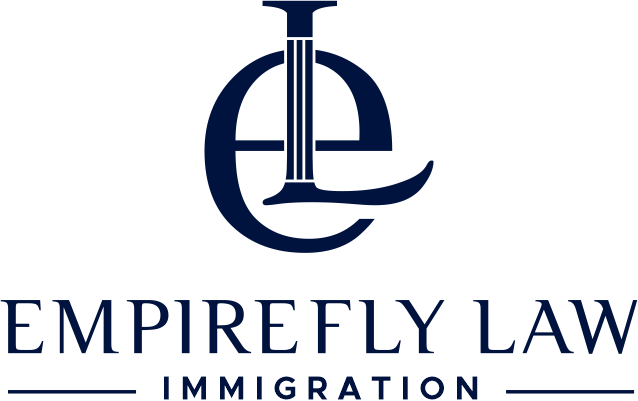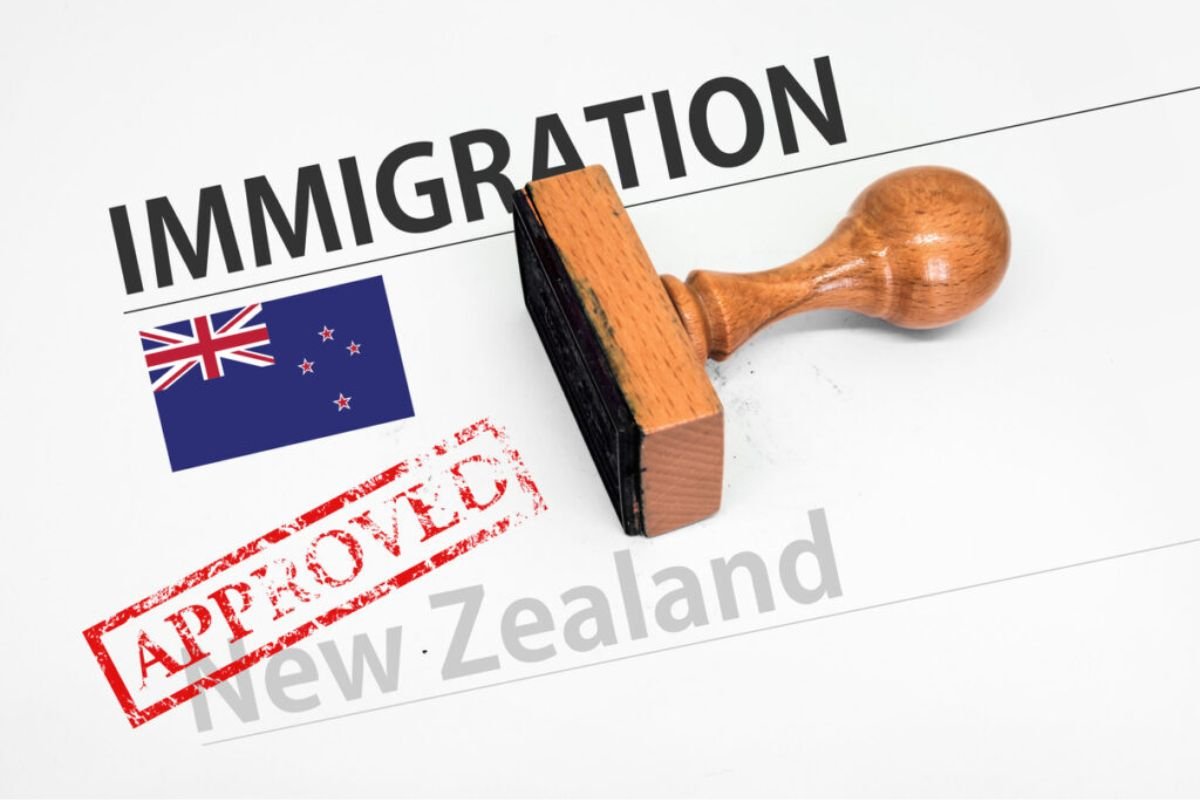Did you know that many African professionals and migrants have successfully navigated the complex landscape of New Zealand Immigration in 2025 by employing proven strategies and thorough planning? In this comprehensive guide, we will walk you through a detailed, step-by-step process to overcome the common challenges faced during New Zealand Immigration. So, whether seeking career opportunities or looking for a fresh start as an African professional, this article is designed to equip you with the needed knowledge and actionable advice necessary for a smooth immigration process.
Let’s get right into it!
Table of Contents
Understanding New Zealand Immigration
New Zealand Immigration in 2025 continues to be a dynamic and competitive process, especially for skilled migrants. The country offers a range of visas and pathways, each with its own set of criteria, documentation requirements, and deadlines. For African professionals and migrants, understanding these categories is essential for making informed decisions. Key visa types include:
-
Skilled Migrant Category: For those with qualifications and experience in in-demand occupations.
-
Essential Skills Work Visa: For professionals with a job offer from a New Zealand employer.
-
Entrepreneur and Investor Visas: For individuals looking to invest in or start a business in New Zealand.
-
Family and Partner Visas: For those joining family members already residing in the country.
Being well-informed about these options, along with the relevant requirements, lays the groundwork for a successful application process.
Common Challenges in New Zealand Immigration
Many African professionals and migrants face several recurring challenges during their immigration journey. Understanding these issues is the first step in overcoming them. Some of the most common challenges include:
-
Complex Documentation and Eligibility Criteria:
New Zealand Immigration requires comprehensive documentation. Applicants must provide proof of qualifications, work experience, financial stability, and sometimes even language proficiency. Keeping track of all required documents can be overwhelming. -
Navigating a Changing Policy Landscape:
Immigration policies are subject to change based on government priorities and economic needs. Staying updated with the latest regulations is essential for avoiding delays or rejections. -
Skill Shortages and Occupation Lists:
Even if you are a highly skilled professional, ensuring your occupation is in demand in New Zealand is crucial. The Skilled Migrant Category, for instance, is highly competitive and targets specific sectors. -
Cultural and Professional Integration:
Adjusting to a new work environment and cultural setting can be challenging. African professionals may face additional hurdles such as recognition of qualifications or differences in professional practices. -
Financial and Logistical Constraints:
The cost of relocation, visa fees, and initial settlement expenses can be substantial. Proper financial planning and understanding the cost of living in New Zealand are critical. -
Visa Processing Delays:
Processing times can vary, and delays may occur due to incomplete applications or changes in immigration priorities. Patience and thorough follow-up are necessary.
By addressing each of these challenges systematically, you can significantly improve your chances of a smooth transition to life in New Zealand.
Step-by-Step Process to Overcome Common Challenges
Below is a detailed, step-by-step process that has been developed to help you overcome common challenges in New Zealand Immigration in 2025. Each step is designed to address specific issues and ensure that your application is as strong as possible.
Step 1: Research and Understand Your Options
-
Identify the Right Visa:
Begin by researching different visa categories on official websites such as New Zealand Immigration and New Zealand Now. Compare eligibility criteria and determine which pathway aligns best with your profile. -
Review Occupation Lists:
Verify that your profession is in demand. Consult the current skilled occupation lists to ensure your qualifications match New Zealand’s labor market needs.
Step 2: Gather and Organize Documentation
-
Educational and Professional Credentials:
Collect all necessary educational certificates, professional licenses, and work experience documents. Ensure these are translated and certified if they are not in English. -
Language Proficiency Proof:
If required, prepare for standardized English tests such as IELTS or TOEFL. Schedule your test early and aim for scores that exceed the minimum requirements. -
Financial Documentation:
Maintain clear records of your finances, including bank statements and proof of funds. This is crucial for demonstrating financial stability. -
Create a Checklist:
Use a table to keep track of the documents you need. For example:Document Type Status Notes Educational Certificates In Process Need notarization Professional Licenses Complete Verified and translated Language Test Results Scheduled IELTS test on [date] Financial Statements Complete Bank statements for last 6 months
Step 3: Stay Updated on Policy Changes
-
Follow Official Updates:
Regularly check official immigration websites for any changes in policies or processing times. Subscribe to newsletters or alerts from Immigration New Zealand to receive updates. -
Join Relevant Forums and Groups:
Connect with other African professionals through online forums or local networks who share updates and insights about the immigration process.
Step 4: Prepare a Comprehensive Application
-
Follow the Application Guidelines:
Carefully review the application instructions on the official government sites. Double-check that all sections are completed accurately and honestly. -
Write a Personal Statement:
If required, prepare a clear and concise personal statement explaining your motivation, skills, and how you intend to contribute to New Zealand society. -
Professional Review:
Consider having your application reviewed by a qualified immigration consultant or legal advisor to ensure that it meets all the necessary requirements.
Step 5: Submit Your Application and Follow-Up
-
Timely Submission:
Submit your application well before any deadlines. Delays in submission can jeopardize your chances, especially in a competitive environment. -
Track Your Application:
Use the tracking systems provided by New Zealand Immigration to monitor the progress of your application. Keep a record of your submission and any correspondence. -
Prepare for Interviews or Additional Requests:
Be ready to provide further documentation or attend interviews if requested by immigration officials.
Step 6: Plan for Settlement and Integration
-
Understand the Local Culture:
Familiarize yourself with New Zealand’s work culture, social norms, and local community practices. This can help ease the transition and integration. -
Find Community Support:
Connect with local African communities or professional networks in New Zealand. Their insights and experiences can be invaluable as you adjust to your new environment. -
Settle Financially and Logistically:
Organize your initial accommodation, transportation, and other essential services. Consider budgeting for unexpected expenses during your early months in the country.
Step 7: Continuous Learning and Adaptation
-
Stay Informed:
Even after you have settled, continue to monitor changes in immigration policies and labor market trends. Staying informed can open up additional opportunities for career growth and permanent residency adjustments. -
Seek Professional Advice When Needed:
Immigration processes can be complex and ever-changing. Maintain contact with a reputable immigration consultant for any future questions or challenges.
Table of Strategies
To further simplify the process, below is a detailed table summarizing the strategies discussed:
| Step | Key Actions | Useful Resources |
|---|---|---|
| Research Options | Identify visa types, review occupation lists | NZ Immigration, NZ Now |
| Documentation | Gather certificates, financial proofs, language test results | Official document translation services, language test centers |
| Stay Updated | Follow official updates, join forums | Government websites, online immigrant communities |
| Application Preparation | Complete application forms, prepare personal statement | Immigration consultants, legal advisors |
| Submission & Follow-Up | Timely submission, track application progress | NZ Immigration Tracking |
| Settlement Planning | Understand local culture, plan finances, secure accommodation | Local settlement services, community groups |
| Continuous Learning | Monitor policy changes, seek professional advice | Immigration news outlets, ongoing consultation with experts |
This table serves as a quick reference guide to help you stay on track throughout the immigration process.
Overcoming Specific Challenges for African Professionals and Migrants
While the above steps are generally applicable, there are a few nuances that African professionals and migrants should consider:
Documentation and Qualification Recognition
-
Credential Evaluation:
African professionals may need to have their qualifications recognized by New Zealand authorities. Look into credential evaluation services early in the process. -
Translation Services:
Ensure that any documents not originally in English are professionally translated. Poor translations can delay your application.
Financial Preparedness
-
Budget Planning:
Immigration can be costly. Prepare a detailed budget that includes visa fees, application costs, and initial living expenses. -
Cost of Living:
Research the cost of living in your intended area in New Zealand. Websites like New Zealand Now provide useful insights into regional living costs.
Language and Communication
-
Language Proficiency:
If English is not your first language, invest time in improving your language skills. Many communities offer affordable or even free language courses. -
Cultural Adaptation:
Familiarize yourself with New Zealand’s work culture. Understanding local business etiquette can significantly improve your professional integration.
Networking and Professional Integration
-
Professional Associations:
Join professional associations relevant to your field in New Zealand. This not only enhances your resume but also provides networking opportunities. -
Mentorship Programs:
Seek mentorship opportunities where experienced professionals can guide you through the local job market and cultural nuances.
Legal and Consultancy Support
-
Consult an Immigration Advisor:
Even if you feel confident about your application, consulting an immigration advisor with experience in New Zealand Immigration can provide peace of mind and additional insights. Get started with Empire Fly Law. -
Keep Records:
Document every communication with immigration authorities. Organized records can be extremely helpful in case of any disputes or delays.
More Tips for a Successful New Zealand Immigration Journey
-
Plan Ahead:
Start preparing your application well in advance. Last-minute submissions often lead to missed details and increased stress. -
Stay Organized:
Use digital tools or physical folders to keep track of all your documents, deadlines, and communications. -
Be Patient and Persistent:
The immigration process can be lengthy and sometimes frustrating. Patience and persistence are key to overcoming challenges. -
Invest in Yourself:
Whether it’s improving your language skills, upgrading your professional qualifications, or learning about New Zealand’s culture, investing in your personal and professional growth can significantly ease your transition. -
Seek Local Guidance:
Once in New Zealand, local advisors and community organizations can provide ongoing support to help you adapt quickly.
FAQs
Q1: What is the first step in overcoming challenges in New Zealand Immigration?
A1: Research your visa options and understand the documentation requirements. Refer to official sites like NZ Immigration.
Q2: How important is documentation in the immigration process?
A2: Extremely important. Proper documentation, including translated credentials and financial proofs, is critical to a successful application.
Q3: What resources are available for African professionals?
A3: Utilize online forums, local networks, and official websites such as New Zealand Now for tailored advice and updates.
Q4: How can I stay updated on policy changes?
A4: Regularly check government websites and subscribe to newsletters from New Zealand Immigration authorities.
Q5: Should I consult an immigration advisor?
A5: Yes, professional guidance can help clarify complex requirements and streamline your application.
Q6: How do I ensure my qualifications are recognized?
A6: Have your credentials evaluated by relevant New Zealand authorities and use certified translation services if needed.
Conclusion
In summary, overcoming common challenges in New Zealand Immigration in 2025 requires thorough preparation, ongoing education, and a strategic approach. By following the detailed, step-by-step process outlined above, African professionals and migrants can confidently navigate the immigration process. Stay organized, informed, and proactive to turn challenges into opportunities for a successful transition to New Zealand.
Embrace the journey with confidence, and let careful planning and the right support guide you every step of the way.
This detailed guide is intended to serve as an essential resource for African professionals considering a move to New Zealand. By integrating expert strategies with practical advice and leveraging official resources, you can streamline your immigration process and build a promising future in New Zealand. For more information and updates, visit New Zealand Immigration and New Zealand Now.
Remember, success in New Zealand Immigration process starts with proper planning and persistent effort. Good Luck!




